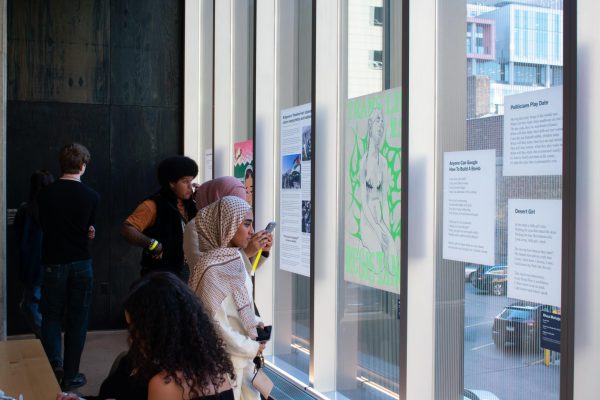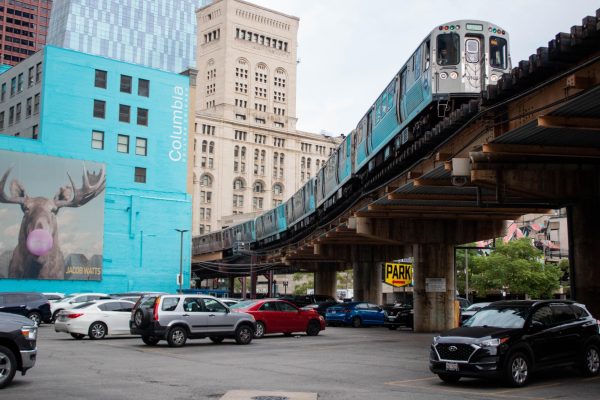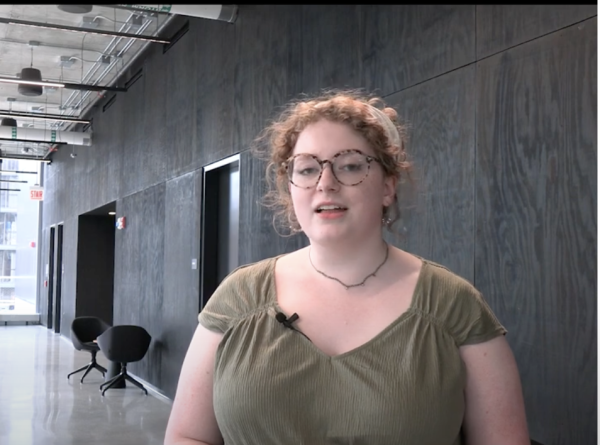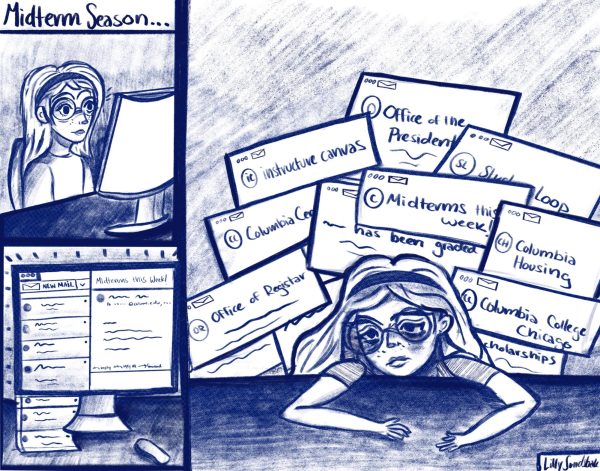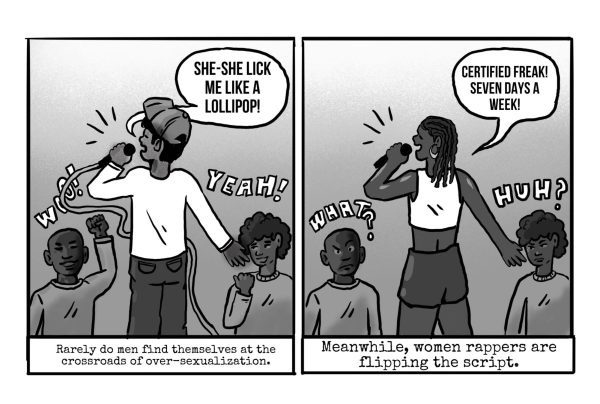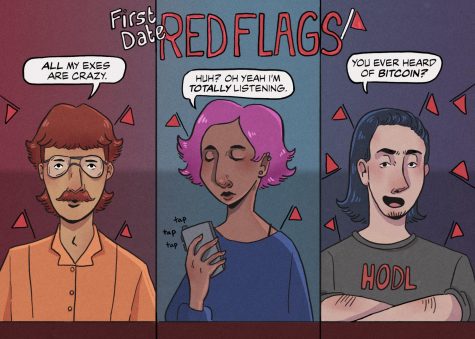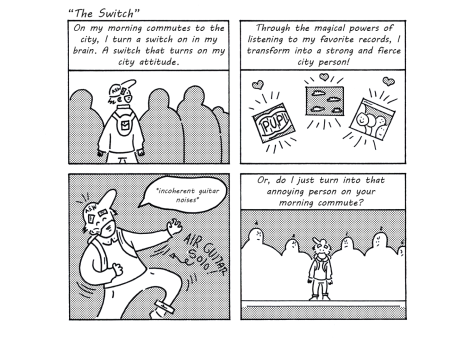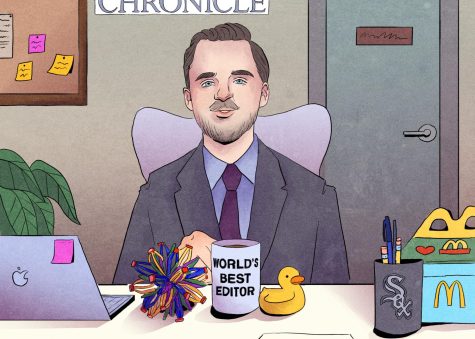Columbia late in implementing important budget cuts
October 27, 2008
Columbia’s senior administration sometimes seems like an irresponsible teenager, walking through life with their head in the clouds and waiting until it is too late to react to pressing situations. The latest memo regarding the economic downturn and the college’s reaction is no different-too little, too late.
On Oct. 15, Columbia President Warrick L. Carter released a memo to college employees that commented on the U.S. economic downturn and its impact on the college. In the memo, Carter stated, “As it presently stands, the college’s finances are secure.” However, the memo went on to say the college has taken a serious hit in its long-term investment portfolio.
In response to uncertain economic times, Carter and the seven vice presidents have outlined a decision they hope will ensure the fiscal stability of the college. They have made the decision to freeze all new full-time hiring, limit hiring for replacement positions, curtail construction on campus renovation projects and limit domestic and international travel by administrators. The memo also announced employees may or may not receive their annual 3.5 percent salary increase.
Finally deciding it is time to cut fat out of the budget is ultimately the responsible decision. But why did it take so long to get to this point? The current economic state didn’t develop overnight, and the college should have been monitoring its assets more closely in order to avoid a situation where major spending cuts may eventually be necessary.
Long before the onset of the current financial crisis, college administrators should have been cutting out lavish additions to the campus environment. Adding expensive TV’s all over campus and constantly repainting buildings and hallways the newest shade of the Columbia color palette are unnecessary additions at a time when everyone is strained financially. Since this is an art school, why not let the art students show off their talent by giving them the ability to spruce up paint jobs and decorate the campus themselves?
Carter also should have been working much more closely with senior administrators to monitor the budget. There should have been better budget oversight under Carter during the past several years. Though Columbia is a private institution, the state of the college’s finances should have been much more transparent.
Instead of constantly praising increases in enrollment and assuring that the college’s finances are secure, Carter and other administrators should have been more honest with students, faculty and potential investors. Maybe the college’s finances were strong, but instead of boasting about the security, the administration should have been talking about their plans to maintain finances without needing to resort to
drastic measures.
The fact that Columbia is so tuition-dependent continues to be a huge and ongoing problem. According to Carter’s memo, the college is embracing for the possibility of delayed tuition payments. If the college was not depending solely on tuition to cover expenses, delayed payments would not be as serious of a concern as it presently is. The college’s current fundraising efforts are unsatisfactory, and they need to step it up a few notches in order to become less dependent on tuition for income.
The current economic environment calls for expenditure cuts. But if the college is going to make these cuts, students want to see the cuts being made across the board.
If staff members are expected to forgo raises and cut departmental spending, then senior administration is expected to do the same. No member of senior administration, including Carter, should accept any salary increase, cost of living increase or bonus until fiscal concerns are resolved and the state of the college’s finances is truly secure.





